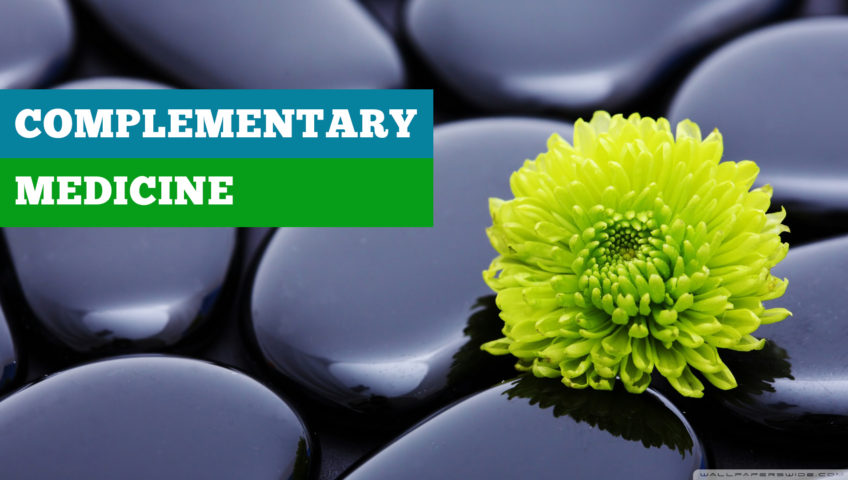There are several different causes of chronic pain. From arthritis, to past injuries and accidents, genetic disorders, and more – while the causes may vary, the end result is the same.
More and more people today live with ongoing pain and it is often so consistent or severe it diminishes their quality of life. That’s often when they seek out an Atlanta pain management doctor.
But is a pain management physician who doles out pain meds or medical interventions for pain the only answer?
A holistic approach to pain management attempts to address and reduce pain with more than just medication or medical interventions. It looks at making the complete individual more comfortable physical and mentally. In other words, it is concerned with the patient’s entire well-being.
In relieving chronic pain, holistic pain management treatment also often considers and/or includes physical therapy, nutrition, and sometimes, alternative pain treatment therapies as well.
Some alternative pain management therapies that are becoming more commonplace and less “alternative” are yoga, acupuncture, guided imagery and visualization, chiropractic treatment, hypnosis, biofeedback, aromatherapy, relaxation, herbal remedies, massage, and more.
Over the last ten years, there has been more and more evidence supporting the effectiveness of many of the alternative treatments for pain, such as those that consider the mind / body relationship and nutritional supplements.
However, now that they are more accepted, additional research needs to be done in order to compare them to traditional pain management.
Subsequently, while more pain management doctors are acknowledging the potential of some of these non-traditional pain treatments / non-medicinal pain treatments, not all are ready to integrate them into patient treatment.
Aside from comparative studies, other concerns include availability, quality control, and patient resistance.
What a greater majority of progressive Atlanta pain management physicians are doing, however, is suggesting alternative pain management techniques as a way to augment their own medical treatment.
When alternative medicine is combined with traditional medicine, it’s commonly called “complementary medicine”. For many forward-thinking pain management doctors, this is coming to be the most effective form of long-term pain management.
If you want to see the best results from your pain management treatment and are open to the idea of natural healing for pain, you will want to find a pain management doctor who at least accepts the possibility that alternative therapies may assist with alleviating pain.
If this is something important to you and/or you willing to consider the potential benefit of complementary medicine, at your initial consultation ask your doctor his or her opinion and feelings on the subject. You will want to gauge their response and whether or not this matches with your own ideas and beliefs.
If you and your pain management doctor can work together to adjust any medications and appropriate therapies, blending in a coordinated effort with alternative medicine practitioners and/or methodologies, you will likely get the greatest relief from your ongoing and chronic pain.





Guided imagery and Feldenkrais, the therapies that helped Toussaint, are only two out of more than a dozen alternative therapies that have been scientifically documented to ease chronic pain when drugs can’t.
The difficult work of addressing the nation’s overreliance on opioids, while also treating debilitating pain, is playing out patient by patient in West Virginia.
WebMD looks at alternative therapies for pain management — acupuncture, chiropractic, biofeedback, therapeutic touch, and nutritional supplements among them. The term ”alternative therapy” generally is used to describe any medical treatment or intervention that is used in place of conventional medicine.